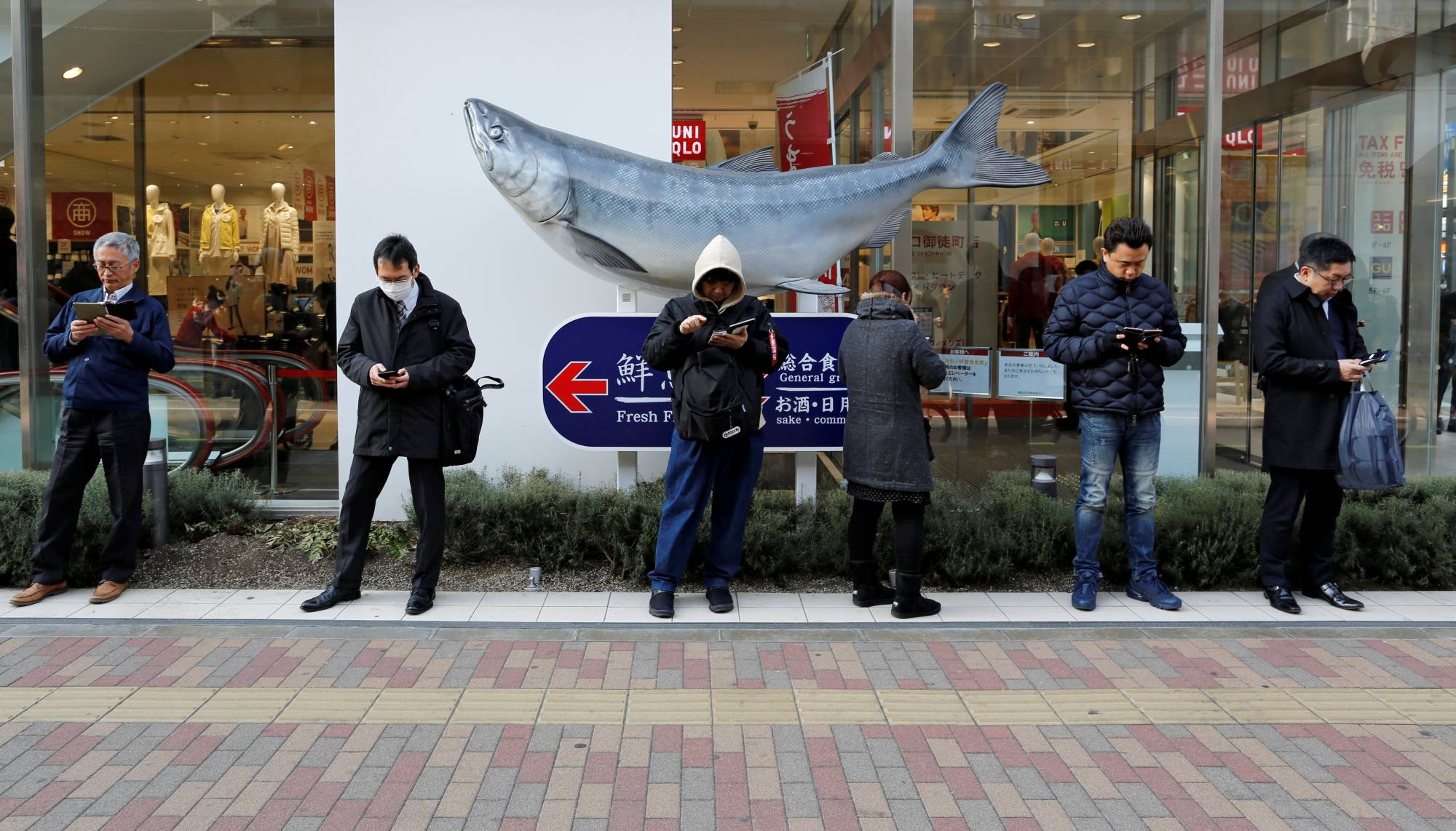KDDI and SoftBank are teaming up to launch a new service that allows subscribers to connect their smartphones to each other's mobile networks by using a back-up SIM card in case one of them faces a large-scale outage.
The announcement on Thursday is a response to KDDI’s massive mobile network outage last summer that affected more than 30 million users and other services such as ATMs. To deal with the problem, the government and mobile operators have launched discussions on ways to ensure users can stay connected in times of emergency.
Japan’s second and third largest mobile operators said they will roll out the dual-SIM option in late March, a rare initiative for the nation’s top carriers.
















With your current subscription plan you can comment on stories. However, before writing your first comment, please create a display name in the Profile section of your subscriber account page.